Kieran Oudshoorn
31/5/2021

In the middle of the woods, 20 kilometres from a police barricade, sits a man in a boat in a tree.
He is one of hundreds of activists who have returned to camps the RCMP has spent weeks trying to clear to enforce a B.C. Supreme Court injunction allowing a forestry company to continue old-growth logging activities in the area near Port Renfrew, B.C.
"It's an old wooden sailing dory," said Lou, describing his vessel. "There's lots of room to have tons of food and tons of gear."
CBC News has agreed to let activists like Lou use only first names because they face potential prosecution.
He and others hauled the boat approximately 12 metres off the ground into the tree, which Lou says is a mountain hemlock, using ropes and pulleys.
Since RCMP began enforcing the injunction on May 17, officers have arrested 142 people for breaching the injunction or for obstruction. Nine people have been arrested more than once, according to police.
Activists face the potential of jail time and stiff fines if they are found in contempt of court for not obeying the court-ordered injunction. Several activists who spoke with CBC News said if they were arrested, upon release they would return to the area and rejoin the blockades.
CBC has requested an interview with the provincial government about the blockades six times since May 25. Each time, the province has declined.

In August 2020, activists began to establish a blockade on a forestry road hugging a high ridge as it crested into the unlogged Fairy Creek watershed, which is known for its dense forests and where trees, some as old as 800 years, are prized by the timber industry for their value and quality.
Additional camps then began blocking access to the watershed from other directions. The protesters eventually created watch camps to monitor logging activity and block work in entirely different valleys, including the Caycuse River valley further north.
Activists such as Lou say they are willing to defy the injunction to protect old-growth trees in the area, which they say need to remain standing for their ecological value.
"I'm apprehensive of what is going to happen but I am also excited," said Lou. "I want to do my part in this whole movement … so I am going to stand my ground and hold the line until I have to let go."

Lou's tree-sit is at the site of the original blockade, known as the Ridge camp, which is directly in the path of the road the Surrey-based Teal-Jones Group went to court to build. From his vantage point, Lou can look out to the ocean and Cape Flattery on his left and to a stand of ancient yellow cedars in the Fairy Creek watershed on his right.
Due to a combination of police and activist blockades, the camp is only accessible on foot, meaning all supplies must be carried up remote logging roads with gruelling grades.
After spending several months on blockades, Lou said his motivation has evolved from wanting to save endangered habitats to a desire to play a constructive role in truth and reconciliation.
"These are the unceded territories of the Pacheedaht," he said. "And for too long, logging in B.C. has been done without First Nations involvement or consent."
Lou's concerns echo those of Pacheedaht elder Bill Jones, an ardent supporter and figurehead for the anti old-growth logging protests. But not everyone in the 284-person nation agrees with Jones's demands to halt old-growth operations in their territory, with the community's elected chief issuing statements asking for protesters to leave.

At the Waterfall camp, about eight kilometres down the road closer to Port Renfrew, an activist who calls himself Plates says a lot of work has gone into rebuilding and resupplying the site after the RCMP dismantled it last week.
He said the camp is the frontline of the protest, designed to protect activists like Lou who are in areas close to the cut blocks.
"We are reoccupying," Plates said. "We are just letting [RCMP] know that they can tear us down and we're just as content to build back up."

He described the process as "whack-a-mole," where officers come in, make arrests and break up camps, only to have protesters move back in afterward.
"They break us down and we come back stronger, we've got more support … and I feel like the morale is high, we're not getting beaten down."
Police did not make any arrests over the weekend. Activists in the area say they are ready to peacefully defy the injunction again this week, and on Monday six were arrested in the Port Renfrew area, where police allege four vehicles were placed across the Gordon Mainline Forest Service Road to block access.
Lower Mainland support
Earlier on Sunday, dozens of activists gathered at the offices of Teal-Jones in Surrey to denounce the company's logging activities on Vancouver Island.
They held signs that said "Save Old Growth" and "Teal-Jones on Watch" and made speeches supporting people at the blockades.
The protesters said the province is ignoring the wishes of people in B.C. who want better protections for old-growth trees, which they say need to be preserved to protect the natural environment.
Teal-Jones spokesperson Jack Gardner said the company handed out seedlings to the Surrey protesters as a symbol of how it practices environmental stewardship, and encouraged them to plant them in their yards.
He said Teal-Jones has planted more than 44 million trees in British Columbia over the past 25 years.
"We're not that much different from the protesters," he said. "We do believe in environmental stewardship, but also logging a working forest."
Gardner said the company is committed to logging in its 595-square-kilometre tenure on southwest Vancouver Island where the the blockades are taking place. He said some of the old-growth trees flagged to be cut help support jobs in the province.
Teal-Jones employs more than 1,000 people directly in B.C., Gardner said.
 © Doug Kerr/CBC Tree seedlings that Teal-Jones Group says it gave out to demonstrators gathered at its headquarters in Surrey, B.C., as a symbol of the environmental stewardship it practises as part of its logging activities.
© Doug Kerr/CBC Tree seedlings that Teal-Jones Group says it gave out to demonstrators gathered at its headquarters in Surrey, B.C., as a symbol of the environmental stewardship it practises as part of its logging activities.
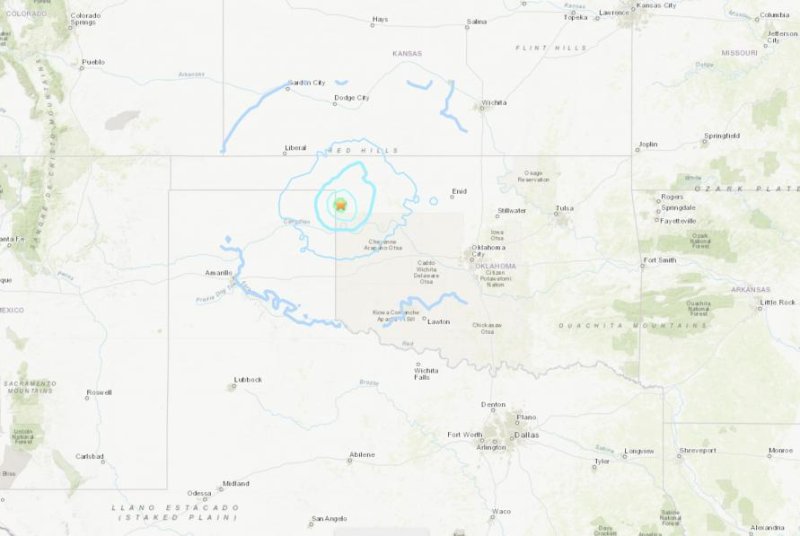

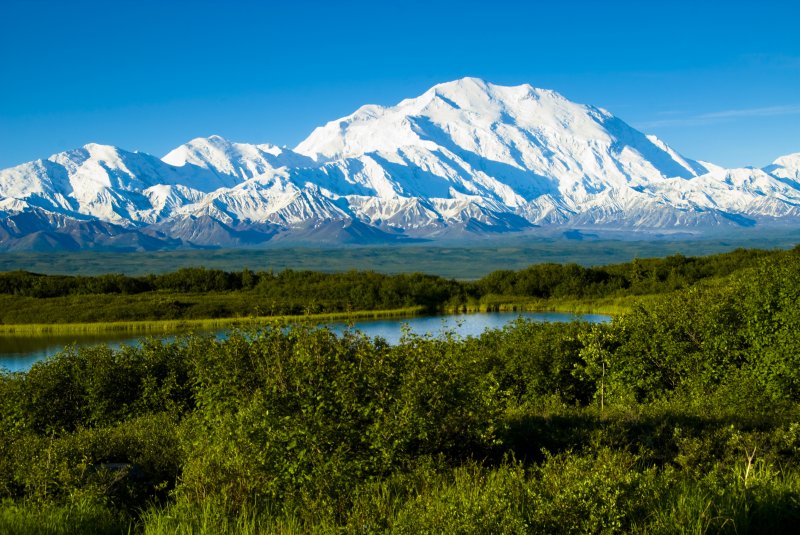
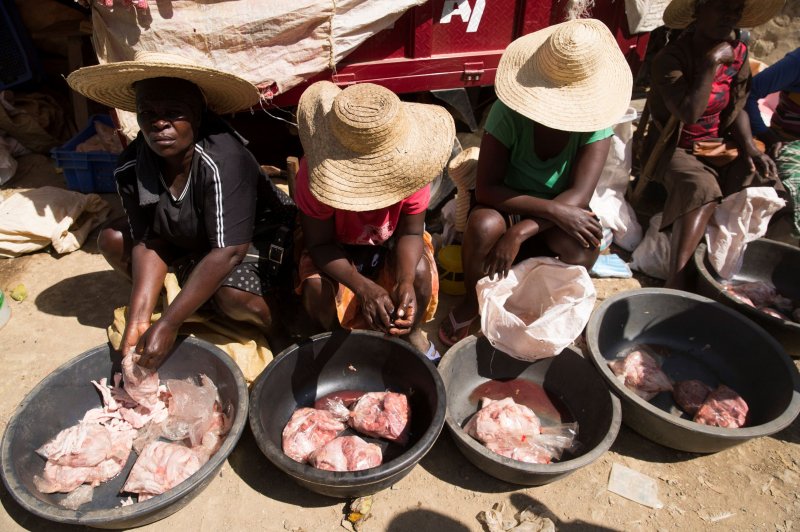
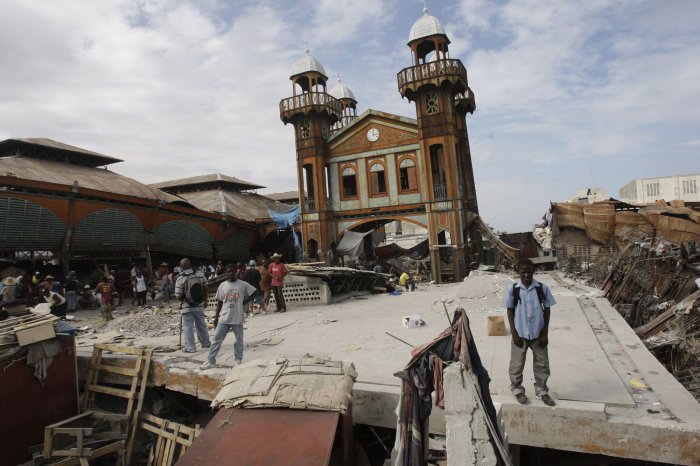
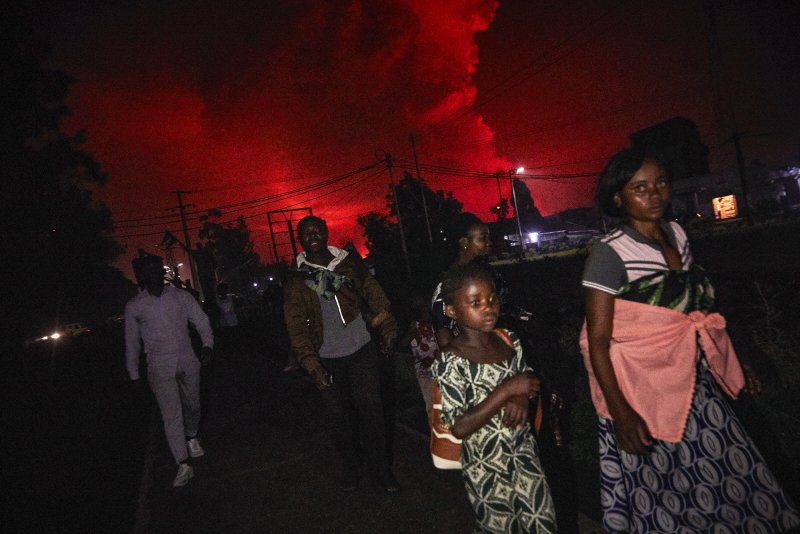



 PHOTO VIA CARNIVALGov. Ron DeSantis isn’t wavering from his anti-vaccination “passport” stance as a cruise line has received federal approval to set sail from a Florida port next month, if passengers and crew members are vaccinated against COVID-19.
PHOTO VIA CARNIVALGov. Ron DeSantis isn’t wavering from his anti-vaccination “passport” stance as a cruise line has received federal approval to set sail from a Florida port next month, if passengers and crew members are vaccinated against COVID-19.


